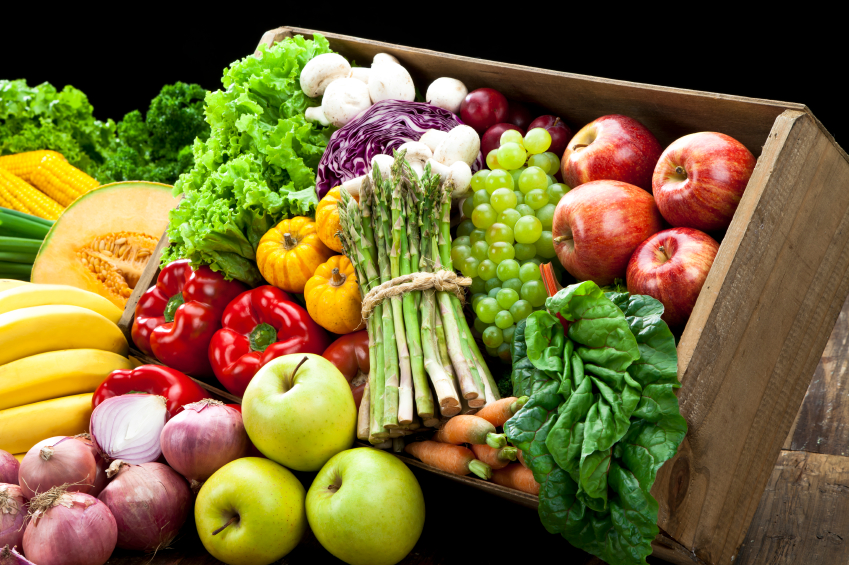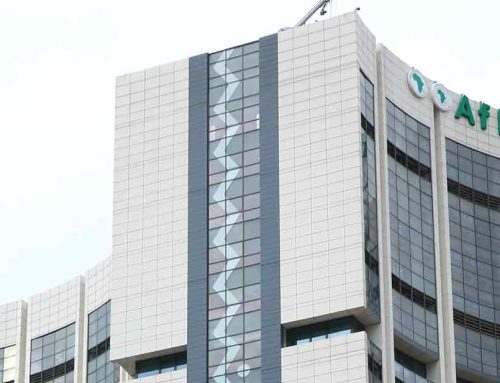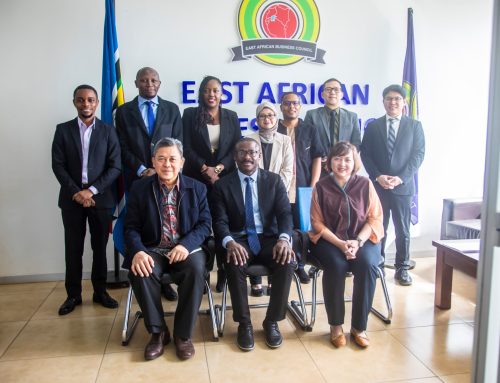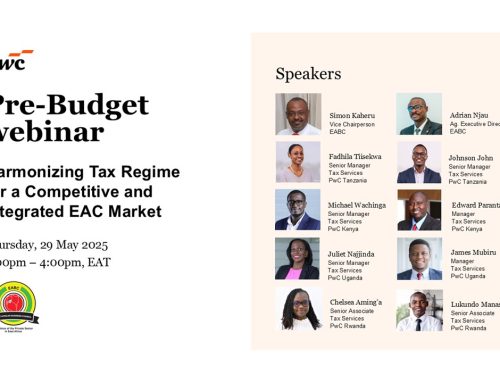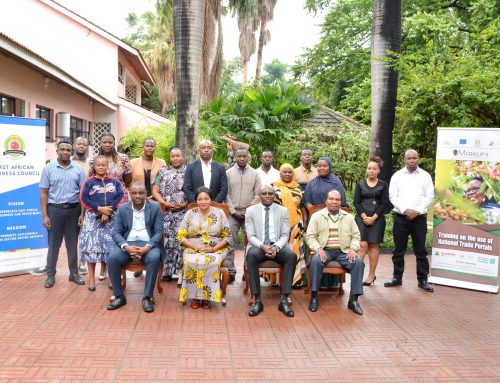About Fresh Produce Exporters Association of Kenya (FPEAK
Fresh Produce Exporters Association of Kenya (FPEAK) is Kenya’s premier trade association representing growers, exporters and service providers in the horticulture industry. Formed in 1975, when export horticulture was in its infancy, the association has grown to become Kenya’s foremost sectoral trade association. Members of the association are involved in growing and/or exporting fresh cut-flowers, fruits, and vegetables. FPEAK provides a focal and coordination point for the horticulture export industry. FPEAK supports growers and exporters by providing technical and marketing information and training, act as an information center, and run active lobbying and advocacy programs to enhance the sector’s competitiveness. FPEAK’s mission is to develop, unite and promote the Kenyan horticultural industry in the global market with due regard to safety, good agricultural practices, social, ethical and environmental responsibilities while the vision is to make Kenyan horticulture the global choice. FPEAK currently represents over 200 members who are actively involved in the production and export of fresh fruits, vegetables and cut flowers and over 25 affiliate members who provide various services to the exporters in the horticulture sector.
- Which horticulture products are exported across EAC borders and beyond?
Kenya exports a wide range of horticultural products across the globe. The main target markets are EU, UK, UAE, Australia, USA, Asia among others. The main products exported are; French Beans, Snow Peas, Sugar Snaps, Broccoli, avocados, passion fruit, mangoes and cut flowers.
- How did COVID-19 affect the horticulture sector (sales & profit, employment)?
Covid affected the horticulture sector in terms of cash flow and brought about challenges in terms of market access due to lack of freight services across the world. Some companies were hardly hit and had to shut down while some had to downsize so as to stay afloat. The volumes exported at the peak of the pandemic, 2020, reduced due to this but we were able to achieve increased value from 2019.
- How did COVID-19 affect food security and reserves?
Due to the guidelines imposed by the government, food distribution was a challenge, since Nairobi was on lock down.
- What are the challenges and/or opportunities Covid-19 has brought forth?
Challenges
- Market Access
- Cash flow
Opportunities
- Adoption of new technologies
- Demand of fruits and vegetables increased
- Access to new markets
- What positive progress/ measures have been done to improve the agricultural sector amid COVID-19?
- Adoption of new technologies
- Increased production of fruits and vegetables
- TMEA supported the horticulture sector, FPEAK, FPC Kenya and KFC, through catering for 50% of certification fees where over 45 export companies benefitted. Certification is key to access and maintain international markets.
- TMEA also supported the horticulture industry, FPEAK, FPC Kenya and KFC, in training over 45 farmer groups on market standards like GLOBALG.A.P., KS 1758:2016 Horticulture code of practice, Part 1 – Flowers and Ornamentals, FOSS among others. This helped to bring farmers up to speed on the market requirements and how to improve and maintain the quality of produce traded. The program also trained packhouse staff on Food Safety Management Systems which enabled them to access different markets.
- What has been the impact of these measures on the horticulture sector?
- Improved value of trade
- Improved volumes of trade
- What lessons have the pandemic taught your Organization?
- It is possible to achieve objectives by working virtually
- Cost cutting ways of operations
- How has Covid-19 forced you to repurpose /re-adjust your operations?
- We work virtually where possible to achieve minimum physical interaction
- What genders specific interventions were done to support women amid COVD-19?
FPEAK deals with companies and do not have a gender approach when serving our members. We serve our members equally and give them equal opportunities
- What is the state of doing business across EAC and international borders?
As the world returns to normalcy, business is again picking up and demand of produce is still high. Kenya’s horticultural sector grew by around 6% in 2021. We look forward to further growth of the sector in the future
- What do you recommend the Governments of the EAC Partner States do to support the recovery of the horticulture sector?
The EAC needs to come together as an economic bloc so as to negotiate for better trade rates with the international markets.
- 12. What do you recommend the Government of the EAC Partner State do to improve the agricultural sector?
- 13. How do you think the EAC region can prepare for such emergencies in the future?
- Swift communication on issues
- Adapting the new technologies
- Development and harmonization of regional standards on products and practices

